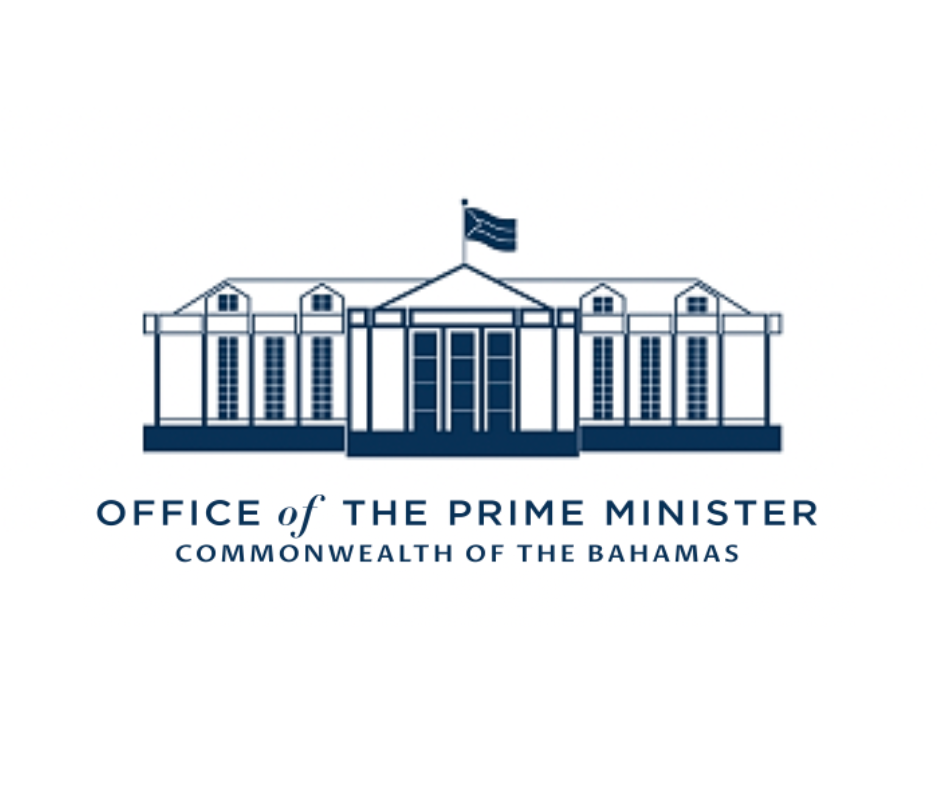
Good day to all.
I am pleased to join you in this critical dialogue at COP30 as we work to elevate the existential threats posed by sea-level rise to the top of the international agenda.
I want to thank the Global Centre for Climate Mobility for convening this important session, building on the momentum from the Climate Mobility Summit during the UN General Assembly in New York.
For The Bahamas, sea-level rise is not an abstract concern – it is our daily reality. Our islands, our people, and our livelihoods stand on the frontlines of this crisis.
Each hurricane season grows more intense. Our shorelines recede year after year. The very land that defines who we are is under threat. We saw this with Tropical Storm Imelda, which swept through the Northern and Central Bahamas. We saw it devastatingly with Category 5 Hurricane Melissa, which caused billions of dollars in damages and claimed dozens of lives across the Caribbean.
The rising seas are not only eroding our shorelines – they are eroding our sense of security, our heritage, and our children’s future.
This is an existential threat to Small Island Developing States and low-lying coastal nations. The science is clear, and the moral imperative is undeniable: the world must act with greater urgency and solidarity.
On Multilateralism and International Cooperation
We need a global response that recognizes the scale of what is at stake. The upcoming UN Sea Level Rise Summit in 2026 must deliver a truly ambitious Declaration – one that upholds the principle of statehood continuity, preserves our maritime zones, and protects the rights and dignity of our people who may be displaced by climate impacts.
The Bahamas believes this Declaration must go beyond words. It must commit the international community to a coordinated, well-financed global response.
We need partnerships that bring together governments, scientific institutions, international organizations, and financial institutions to strengthen community-led adaptation, build resilience, and provide legal protections for affected States like The Bahamas.
On Localizing Climate Financing
The Bahamas – and Small Island Developing States as a whole – contributes less than one percent of global emissions, yet we bear the weight of a crisis we did not cause.
International cooperation must be grounded in fairness, in justice, and in tangible support for those of us on the frontlines.
According to UNDP, every dollar invested in climate adaptation and resilience can generate more than ten dollars in benefits over ten years.
This is not charity – this is smart investment in our collective future.
I want to commend the success of the Communities Climate Adaptation Facility, or C-CAF, which provides quick-impact grants directly to communities within 90 days of application – up to $100,000 US dollars each. This Facility supports community-led solutions that enable people to remain in place, respond to immediate threats, and build resilience.
This is exactly what The Bahamas needs, and we look forward to participating in C-CAF.
Mechanisms like C-CAF need dedicated funding. That is why I support a community levy of at least 3% from voluntary contributions to international climate financing institutions—earmarked specifically to enable community-led action.
Towards Global Consensus
Together, we must build a global ecosystem for climate mobility – one that protects the right to stay, while helping those who are displaced move safely and voluntarily, without losing their rights or identity.
I am encouraged that there is clear convergence among the majority of States around the core elements of a comprehensive response.
The Bahamas remains committed to working with Champion Leaders and partners across the Caribbean and around the world to address the existential threats posed by sea-level rise.
We continue to be one of the most outspoken voices on climate change in the developing world, and I certainly intend to keep it that way.
Thank you.